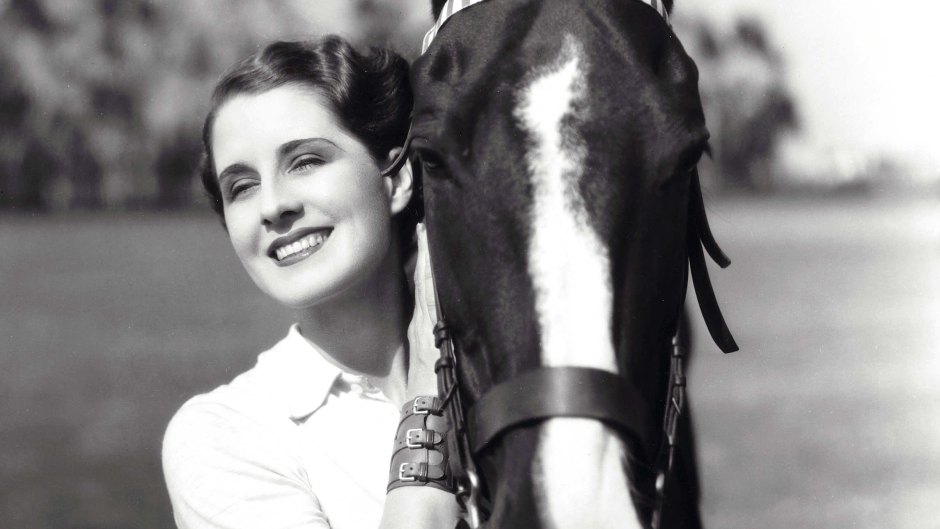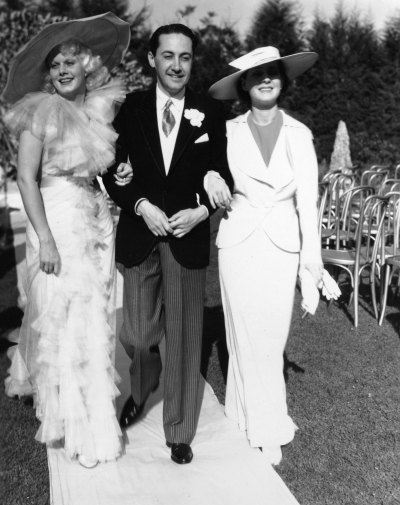
Ruth Harriet Louise/Kobal/Shutterstock
Hollywood’s Forgotten Heroine Norma Shearer Was ‘One of the First Feminist Movie Stars’
In The Divorcee, Norma Shearer’s character has an affair to take revenge on her cheating husband. Before the Hays Code dictated morality in movies, this risqué comedy about a love triangle among New York socialites thrilled and titillated audiences. Norma’s free-spirited portrayal won her the 1931 Oscar for Best Actress over Greta Garbo and Gloria Swanson.
Like the progressive women she often played, Norma was among a rare breed of actresses including Marlene Dietrich, Joan Crawford and Carole Lombard determined to have control over their careers. “Norma believed that she had the right to have input on every level,” says Mark A. Vieira, author of Irving Thalberg: Boy Wonder to Producer Prince, exclusively to the latest issue of Closer, on newsstands now. “She often portrayed characters who had aspirations because she was an ambitious and career-minded person herself.”

She had to be. Norma’s father had lost his construction business overnight, forcing her to support herself from a young age. “She had no other choice but to seek a career and be self-determining,” says Vieira.
These qualities attracted the attention of Irving Thalberg, MGM’s young hotshot producer. “She was already a star when he invited her to a premiere,” explains Vieira. “He was drawn to Norma’s intelligence and eagerness to learn.” The couple married in 1927, with studio head Louis B. Mayer acting as best man at the ceremony. Three years later, they welcomed Irving Jr., followed by his sister, Katherine, in 1935.
But their happiness didn’t last. In 1936, Irving died of pneumonia at age 37. “It was traumatic,” says Vieira, who explains that like the fiery heroines she often played onscreen, Norma was forced to sue MGM for the percentage of the profits it owed her late husband. “In a way it was fortunate. It forced her to get up and fight,” he says.

Norma prevailed in court and continued to act, but her heart wasn’t in it anymore. She retired from films in 1942. “Norma always had integrity,” says Vieira. “She really was one of the first feminist movie stars.”
For this story and more, pick up the latest issue of Closer magazine, on newsstands now.
Reporting by Katie Bruno






































